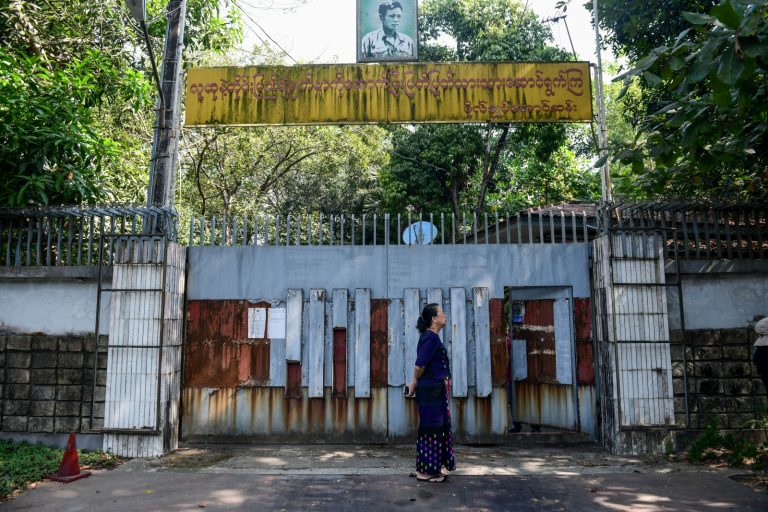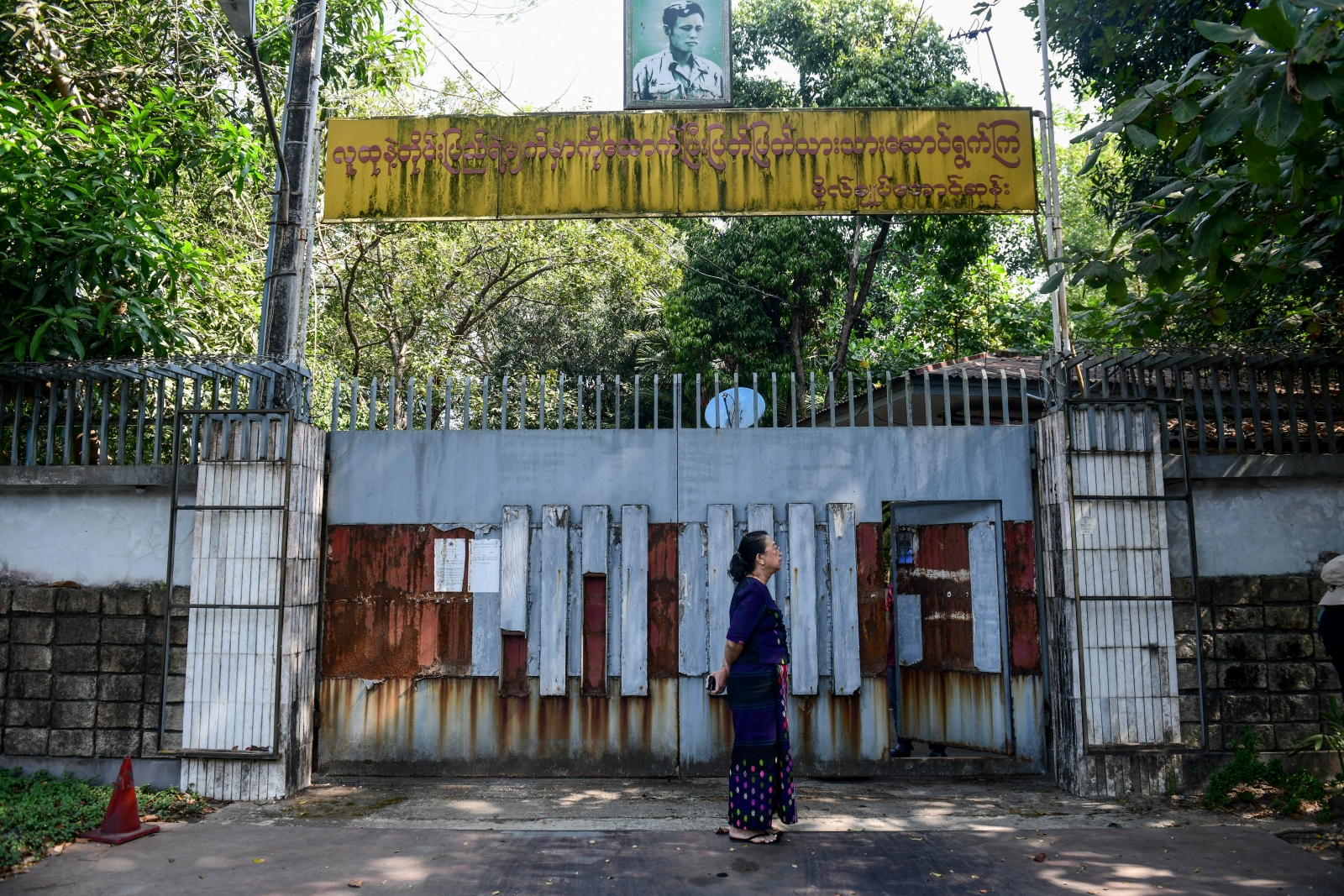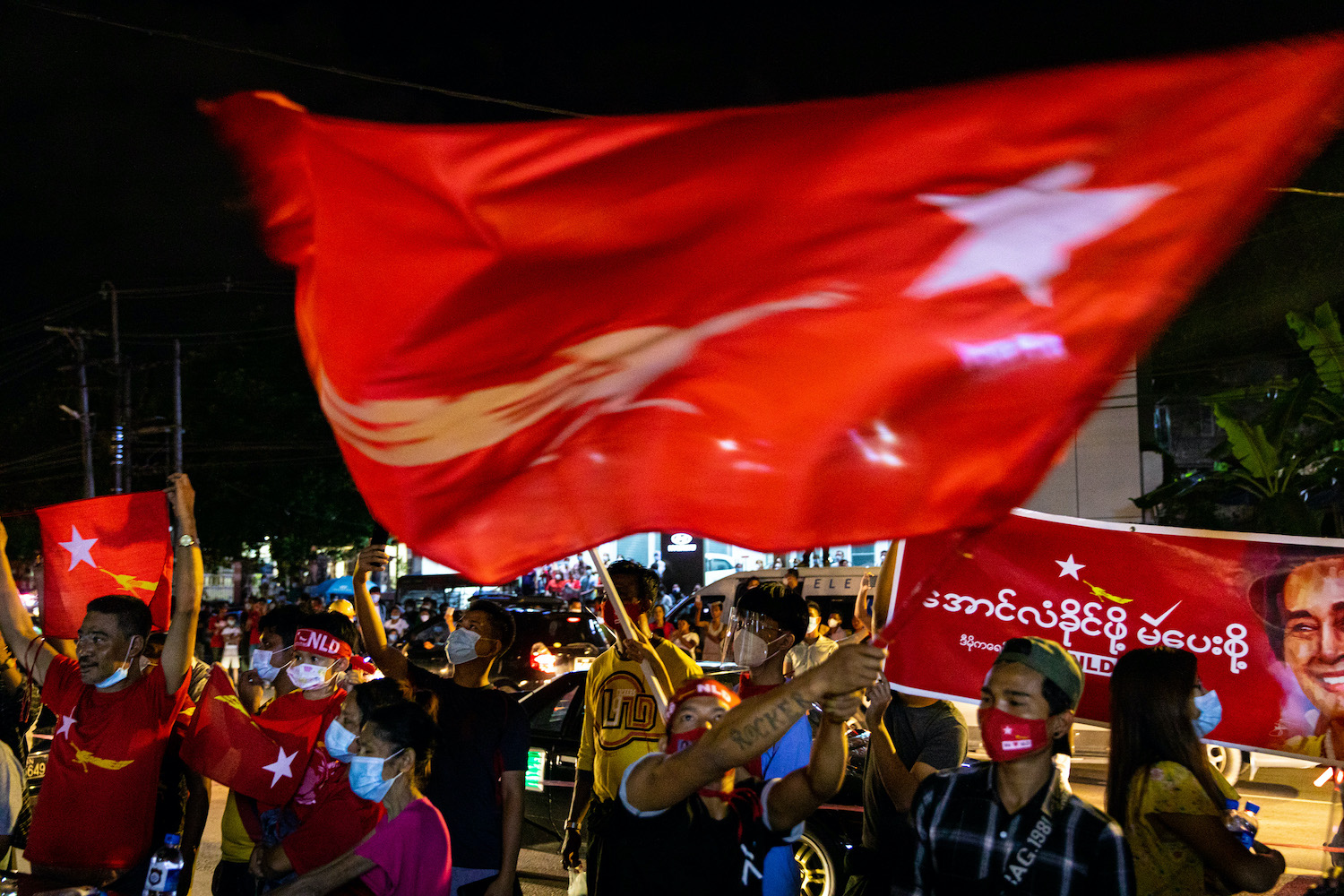Parliamentary Speaker Thura U Shwe Mann cannot be impeached because enabling legislation for a recall is yet to be approved, the secretary of the Pyidaungsu Hluttaw’s joint bill committee said last week.
U Saw Hla Tun said that although section 396(b) of the Constitution provided for MPs to be recalled, the Pyidaungsu Hluttaw was yet to confirm the enabling law.
“The Hluttaw Speaker, Thura U Shwe Mann does not need to worry about his position,” U Saw Hla Tun, who is himself the subject of a complaint under 396(b), told Frontier on July 31.
His clarification follows a move to have Thura U Shwe Mann, who also chairs the ruling Union Solidarity and Development Party, recalled as the Pyithu Hluttaw representative for Zayathiri Township in Nay Pyi Taw.
The recall was sought in a petition sent to the Union Election Commission signed by 1740 members of Tatmadaw families in Thura U Shwe Mann’s constituency. They accused him of breaching parliamentary rules when he supported a failed move to weaken the effective veto of military MPs on constitutional reform during a debate on charter reform in June.
Support more independent journalism like this. Sign up to be a Frontier member.
Section 396(b) of the constitution provides for a minimum of one percent of the voters in an electorate to request their MP’s recall in a complaint to the UEC.
Thura U Shwe Mann received 60,503 votes in the 2010 election.
U Saw Hla Tun said he suspected the move against Thura U Shwe Mann was manipulated by someone with power in the Tatmadaw who resented the dialogue between the Parliamentary Speaker and the leader of the National League for Democracy, Daw Aung San Suu Kyi.
Political analysts say the meetings between the pair may have caused concern among ruling party MPs who believe the USDP needs to be united against the NLD in the election.
The analysts also linked the recall bid to competition over the presidency between Thura U Shwe Mann and President U Thein Sein.
The competition was likely to escalate as the election draws near, they said.
In an interview with the Nikkei Asian Review on July 29, President U Thein Sein confirmed a change of mind over an earlier intention to step down and said he would be willing to serve for a second term.
The validation of enabling laws under 396(b) have long been a source of contention between the Pyithu Hluttaw and the Amyotha Hluttaw.
In a report on the issue tabled in the Pyidaungsu Hluttaw on July 21, the joint bill committee said 396(b) in its current form could pose a threat to national reconciliation and that the one percent threshold for instigating a recall move was unacceptably low and could generate too many complaints that would be a waste of time to resolve.
Of the seven MPs who debated the report – six from the USDP and one from the Rakhine National Party – five expressed approval for 396(b) and one spoke against. One said the enabling laws should be implemented immediately.
Among those who spoke against was U Tin Maung Kyi, who said the one percent threshold was not appropriate because Myanmar had only just begun its transition to democracy.
The threshold should be increased to at least 20 percent or there would be too many complaints based on personal hatred towards MPs, said U Tin Maung Kyi, who represents Yangon’s Shwepyithar constituency for the USDP.
U Tin Maung Kyi said he believed the draft law prepared by the NLD on section 396(b) had called for a 20 percent threshold.
Daw Aung San Suu Kyi has also criticised the section as being weak and ineffective. The attempt to use it against Thura U Shwe Mann was a political trick, she has told journalists.
Thura U Shwe Mann has called for another report to be submitted to the parliament after discussion between the joint bill committee and political parties.
Budget debates and other parliamentary business means the issue cannot be debated until the new parliament convenes after the election.






